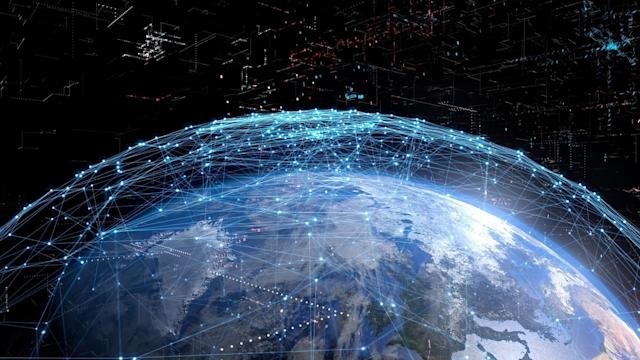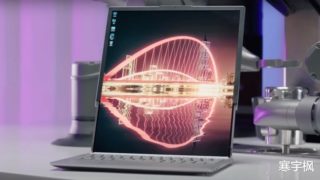Astronomers warn: “Starlink” satellite debris may cause devastating air crashes
1K
Elon Musk, the world’s richest man, is sending more satellites into space to provide high-speed internet services around the world. However, astronomers have warned that the grand plan could lead to a devastating air crash.
According to Musk’s expectations, he hopes to send more than 40,000 SpaceX Starlink Internet satellites into low-Earth orbit. U.S. regulators have approved it to launch 12,000 satellites, but the company filed an application in 2019 to launch 30,000 more. Today, SpaceX has more than 3,000 Starlink satellites operating in space.
But astronomers worry that the race to space by Musk and many others could crowd low-Earth orbit with satellites. Overcrowded space, they say, increases the risk of a collision, which would rain down satellite debris on Earth.
Andy Lawrence, professor of astronomy at the University of Edinburgh, said when debris from a satellite fell and passed through the atmosphere, most of it should burn up, but even small pieces could crash a plane.
“It’s going to happen sooner or later,” Lawrence said in an interview. “After all, there’s so much junk in space, and some of that is bound to hit the plane and kill hundreds unless we’re really careful. SpaceX claims they have Collision-avoidance artificial intelligence (AI) algorithms that can ensure that defunct satellites are completely burned. But only if we have to believe that their approach will always work, which is clearly not the case.”
Lawrence added: “If some of the debris doesn’t completely burn up on the way down, then they will fall out of the atmosphere. These objects are moving so fast in orbit that even small objects are absolutely deadly. So, Even a pebble-sized piece of debris hitting the plane on the way down can have devastating consequences.”
Professor Lawrence’s book, Losing The Sky, published last year, was devoted to this question. But he clarified that he was not calling for a complete halt to satellite launches like Musk’s.
“I’m basically saying, for God’s sake, slow down, let’s do some proper research, let’s figure out how to protect ourselves so we can share the skies,” he explained. The FCC approved Musk’s entire plan, and it may be hard for us to stop it.”
Astronomers have noticed a dramatic increase in images being affected by satellites as they observe space. The amateur group, the Edinburgh Astronomical Society, has recently shared a number of photos of satellite streaks all over it.
Mark Phillips, president of the association, said: “If this continues, we may eventually see an ‘artificial sky’. Before the Starlink satellites are launched, there may be occasional satellite debris falling, but with It got worse with the proliferation of Starlink satellites going into space. Even if SpaceX took steps, like making the satellites dimmer and less reflective, it didn’t seem to work very well, after all, space telescopes are usually very sensitive.”
Phillips said to Musk: “Please don’t worry, when we all finish the research and figure out the best way, we can build the future together.






